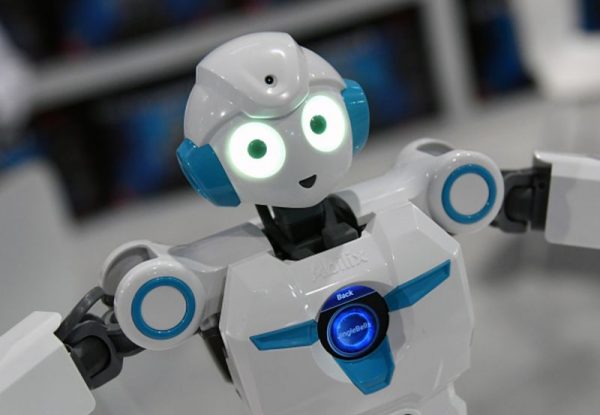
Within a decade, around 39 per cent of the time spent on housework and caring for loved ones could be automated, experts say.
According to a BBC report, researchers from the UK and Japan asked 65 artificial intelligence (AI) experts to predict the amount of automation in common household tasks in 10 years.
Experts predicted grocery shopping was likely to see the most automation while caring for the young or old is the least likely to be impacted by AI.
The research is published in the journal PLOS ONE.
Researchers from the University of Oxford and Japan’s Ochanomizu University wanted to know what impact robots might have on unpaid domestic work: “If robots will take our jobs, will they at least also take out the trash for us?”, they asked.
Robots “for domestic household tasks”, such as robot vacuum cleaners “have become the most widely produced and sold robots in the world” the researchers observed.
The team asked 29 AI experts from the UK and 36 AI experts from Japan for their forecasts on robots in the home.
Researchers found that male UK experts tended to be more optimistic about domestic automation compared with their female counterparts, a situation reversed in Japan.
But the tasks which experts thought automation could do varied: “Only 28% of care work, including activities such as teaching your child, accompanying your child, or taking care of an older family member, is predicted to be automated”, said Dr Lulu Shi, postdoctoral researcher, Oxford Internet Institute,
On the other hand, technology was expected to cut 60% of the time we spend on grocery shopping, experts said.
But predictions that “in the next ten years” robots will free us from domestic chores have a long history and some scepticism may be warranted. In 1966, the TV show Tomorrow’s World reported on a household robot which could cook dinner, walk the dog, mind the baby, do the shopping, mix a cocktail and many other tasks.
If its creators were only given £1m the device could be working by 1976, ran the news story…











